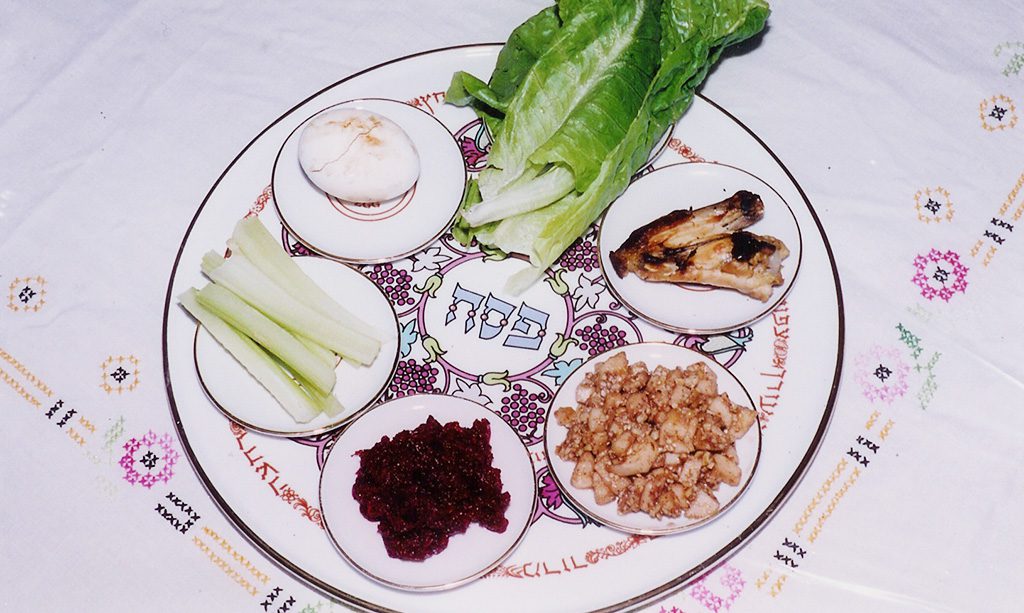Stop Regretting, Start Remembering
Written By Audrey Wierenga, USA
Whenever I think about my past mistakes, I end up wasting the rest of my day by wallowing in self-pity. There’s no hope for me. I’ve made too many mistakes, too many regrets.
Oftentimes, I look back on how I’d let people down. How I told them I’d do something, but then I don’t. A good elderly friend of mine was in the hospital at this time last year. I said I’d visit her the next day. The next day she was dead. Why didn’t I just visit her? I knew that God had put it on my heart to go to her in her last days and tell her how much she’d meant to me. But I decided to put it off. These memories bring a bitter taste to my mouth and tears to my eyes.
Isn’t that a tendency a lot of us fall into when we recall difficult times? Recalling can easily lead us to regret and throw a pity party for ourselves.
But recently, I learned that there is another way to look back at the past and not regret, but remember. And I learned about it through the significance of one of the components of the Passover meal—bitter herbs.
Bitter herbs are a common component of the traditional Passover meal, which is observed by the Jewish people once a year (Exodus 12:8). A contemporary Passover meal often includes maror (bitter) which refers to bitter herbs, such as wild lettuces or horseradish. Exodus mentions the word “bitter” only three times, but the story of Exodus is steeped in bitterness. And thousands of years later, their descendants are still honoring and remembering it, when they partake in the Passover meal.

Photographed on April 12 2006 by Yoninah.
Why would they remember such a terrible time? Their entire race was enslaved by a powerful kingdom that was unbending when it came to labor and punishment. They had all but given up on God after Egypt enslaved them and killed their baby sons, and they lived in anguish for decades.
Even after Moses delivered the Israelites out of Egypt, things were far from being a bed of roses. They muttered and complained and lost faith in God almost altogether as they wandered in the wilderness. They wanted sign after sign to know that God was still with them. And even when He did send them manna from heaven to eat, they got scared and stored as much of the food as they could because they didn’t trust that the Lord would provide the next day (Exodus 16). The same thing also happened with water (Exodus 17). Most of the Israelites literally wished they’d have died in Egypt (Exodus 16:3).
Not exactly memories to be proud about.
But every year, generations gather together and partake in the Passover Seder plate, which contains six symbolic food items which retell the story of the Passover. A lot of times we eat food to enjoy, but this meal is eaten to remember. And looking back—remembering—is a good thing to do, if you do it right.
See, the Passover meal isn’t shared and eaten in order to wallow in self-pity. While the meal does involve saltwater to represent the tears and anguish the Jewish people have suffered (as well as other foods that are eaten symbolically), it’s not a pity party where everyone cries woe is me, woe is us, nothing has gone right.
It’s a meal to remind the Israelites of how God delivered them from their bitter captivity by the Egyptians. It’s to remember the goodness of the Lord.
That’s the difference between simply regretting our bitterness and remembering our bitterness. Regretting doesn’t help anything, other than making us feel terrible. Remembering is different. Remembering is feasting on our own bitter herbs, tasting the ugliness of it—and remembering what God did to restore us.
So let’s remember our bitterness, but also remember the grace of God that came alongside it. Remember our faults, but also remember how God has filled in the cracks of your imperfection with His love. Remember the bad, but remember also the goodness of the Lord. As Psalm 27:13 says, “I remain confident of this: I will see the goodness of the Lord in the land of the living.”
You will experience bitterness in this life, in some way, shape, or form. It may come from an oppressor on the outside, or it may come from within. If you don’t confront and taste your bitterness, you will remain locked in a cage with the key in your hand, complaining about how there’s no way out.
How will we, as Christians, be able to stand the darkness of the world and still keep our faith? By tasting the herbs, and remembering the Lord, the one who was by our side all along.










Trackbacks & Pingbacks
[…] one‘, I speculated. As I ruminated in the aftershock, I stumbled upon this article; “Stop Regretting, Start Remembering” by Audrey Wierenga, which reminds us to not simply dwell on past mistakes, but to see […]
Leave a Reply
Want to join the discussion?Feel free to contribute!